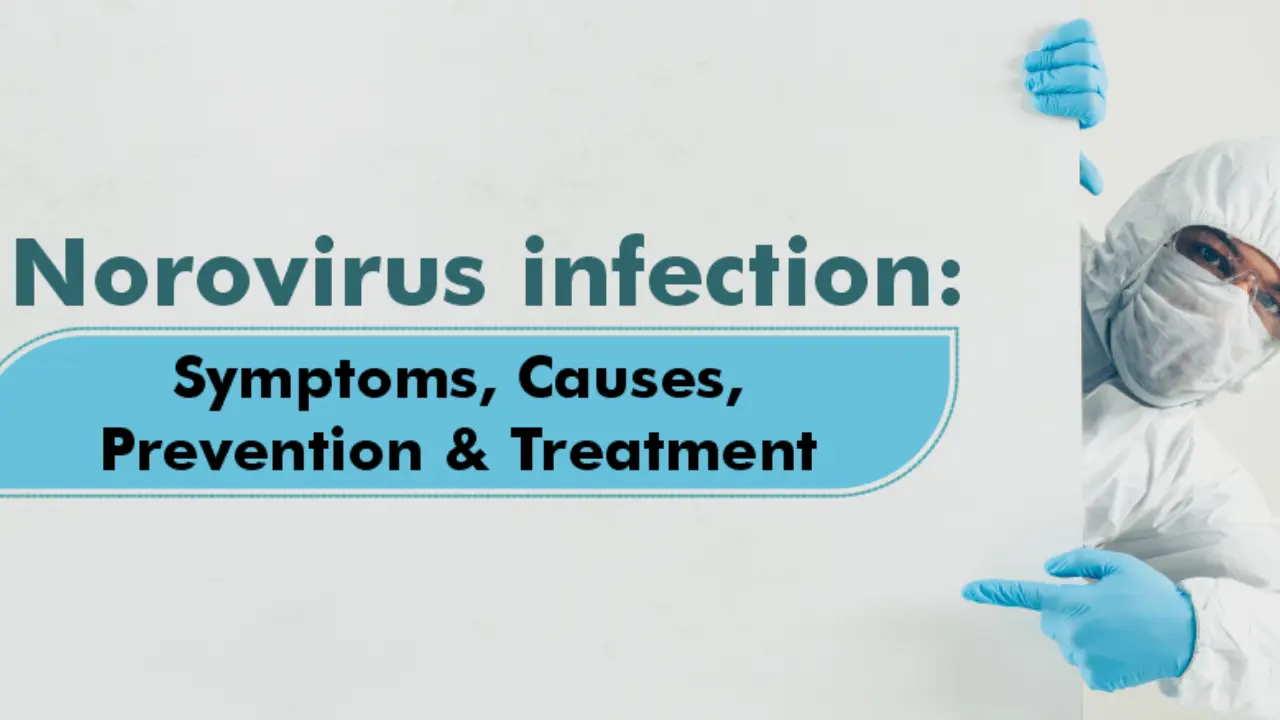Norovirus is a highly contagious viral infection that affects millions worldwide each year. As we enter 2023, we must stay informed about the latest information regarding norovirus, its symptoms, prevention methods, and available treatments. This article will explore the critical aspects of norovirus 2023, providing valuable insights to help you protect yourself and others from this common illness.
Understanding Norovirus
What is a norovirus?
Norovirus is a viral infection that primarily affects the gastrointestinal system, causing inflammation of the stomach and intestines. It is responsible for widespread gastroenteritis outbreaks, leading to symptoms such as vomiting, diarrhea, nausea, and stomach cramps.
How does the norovirus spread?
Norovirus spreads through close contact with infected individuals or by consuming contaminated food or water. The virus can survive on surfaces for extended periods, making it easy to contract through contact with contaminated objects. Poor hygiene practices, such as inadequate handwashing, can contribute to the transmission of norovirus.
Symptoms of Norovirus
Gastrointestinal symptoms
The hallmark symptoms of norovirus infection include the sudden onset of vomiting, diarrhea, nausea, and abdominal pain or cramps. These symptoms are typically accompanied by a general malaise, fatigue, and sometimes a low-grade fever. The severity and duration of symptoms can vary from person to person.
Dehydration risk
One of the main concerns associated with norovirus infections is the risk of dehydration. The combination of vomiting and diarrhea can lead to significant fluid loss, particularly in vulnerable individuals such as young children, the elderly, or those with weakened immune systems. Replenishing fluids and electrolytes is crucial to preventing dehydration.
Preventing Norovirus Infection
Practicing good hygiene
Proper hygiene practices are essential to preventing the spread of norovirus. Regularly and thoroughly washing hands with soap and water for at least 20 seconds, especially after using the toilet, changing diapers, or handling food, is crucial. Avoiding close contact with infected individuals and disinfecting surfaces can also help reduce the risk of transmission.
Safe food handling
Noroviruses can contaminate food and water, leading to outbreaks. To prevent infection, it is essential to practice safe food handling techniques. This includes washing fruits and vegetables, cooking seafood and shellfish thoroughly, and avoiding food preparation if you are experiencing symptoms of norovirus.
Treatment and Recovery
Self-care and symptom management
Most cases of norovirus infection resolve on their own within a few days. The primary focus of treatment is self-care and symptom management. It is crucial to stay hydrated by drinking fluids and consuming electrolyte-rich beverages. Resting, avoiding solid foods, and gradually reintroducing a balanced diet are recommended.
Seeking medical attention
In severe cases or if symptoms persist, it is advisable to seek medical attention. Medical professionals can guide patients in managing symptoms and preventing complications, especially for vulnerable individuals or those with existing health conditions. Antiemetic and antidiarrheal medications may be prescribed in some instances.
Conclusion
As we navigate 2023, understanding norovirus and taking preventive measures are essential to protect ourselves and others from this highly contagious infection. We can reduce the risk of norovirus transmission by practicing good hygiene, handling food safely, and staying informed about the latest guidelines. Should you experience symptoms or have concerns, it is advisable to consult with a healthcare professional for proper guidance and support.



